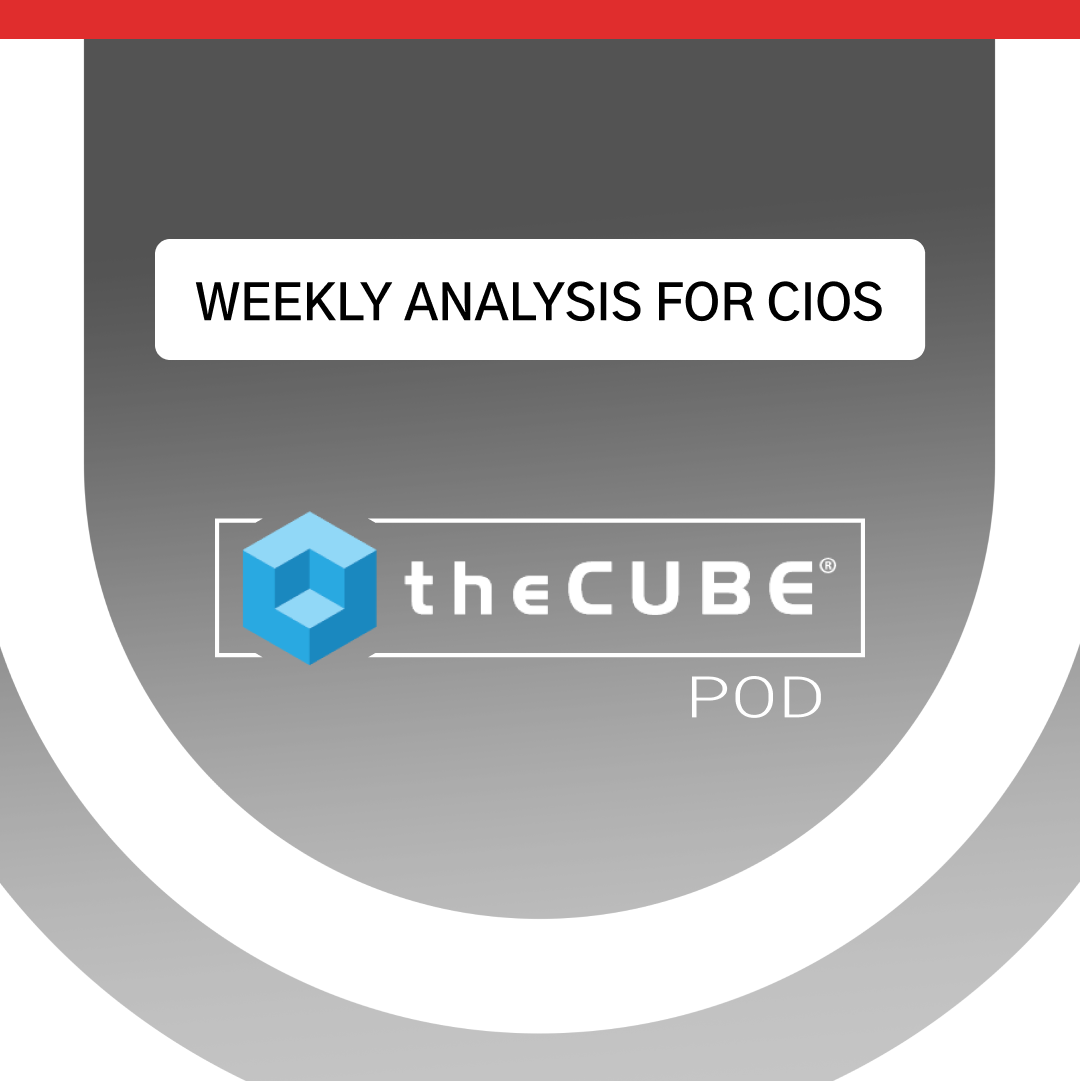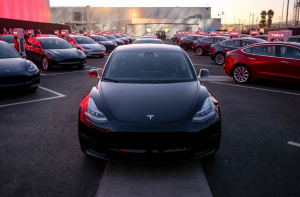Game over for Windows XP – Or is it?
![]() With just over three weeks to go before Microsoft finally ends its technical support for Windows XP, everybody seems to be panicking. But is the situation really that urgent? Perhaps not, for Microsoft has been trying to push people to upgrade to a newer operating system for some years now…
With just over three weeks to go before Microsoft finally ends its technical support for Windows XP, everybody seems to be panicking. But is the situation really that urgent? Perhaps not, for Microsoft has been trying to push people to upgrade to a newer operating system for some years now…
The evidence is there for all to see – consider, for example, that the most recent versions of Internet Explorer haven’t worked on XP since 2011. And that’s in spite of the fact that the newest versions of other browsers, such as Google Chrome and Firefox, continue to work just fine with it. In addition, it’s no longer possible to use the latest versions of Microsoft Office on computers running XP, though open-source alternatives like LibreOffice and OpenOffice are still compatible.
Microsoft’s real problem isn’t that Windows XP is 14 years old, and has been superseded by Vista, Windows 7 and Windows 8. The problem is that despite its best efforts to put it down, Windows XP remains the choice OS on almost a third of the world’s PCs. And this refusal to upgrade is hurting sales of its much-maligned Windows 8.
For sure, XP’s overall share of the desktop world has been falling, but not by nearly as much as Microsoft would like. Indeed, only last week it was reported by Digital Trends that Windows’ overall share of the desktop market slipped below 90 percent for the first time in almost 20 years – as low as it was when Windows 95 first came out, and with it the hallowed Start Button.
So Microsoft desperately wants to convince people that now is the time to ditch XP once and for all, and either upgrade to Windows 7 or 8, or (even better) go the whole hog and buy a brand new computer (one that runs Windows 8, naturally). And to do so, it’s making a huge fuss about the potential security implications that could arise from running Windows XP once technical support has ceased. Microsoft warns that doing so could leave computers exposed to increased security risks and viruses, whilst users will likely encounter more apps and devices that aren’t compatible with it.
The security risks will grow over time, there’s no doubt about that, but the necessity to upgrade isn’t really as urgent as all that, especially if your XP computer is also your personal home computer. Microsoft’s technical support helps, but there are plenty of decent antivirus programs out there that can help protect your PC for the foreseeable future, such as AVG, Avast, Kaspersky etc. And as for the apps and devices, well, you really shouldn’t be worried about that either. These days, a lot of software is available in the cloud which means it can run on any platform, and virtually all printers, routers and other devices you might need still work just fine with XP.
So yes, Windows XP’s support has all but ended and it might be a good idea to upgrade soon, if only to ‘get with the times’, but for many of us the situation isn’t nearly as desperate or as urgent as Microsoft wants us to believe.
photo credit: chsh/ii via photopin cc
A message from John Furrier, co-founder of SiliconANGLE:
Your vote of support is important to us and it helps us keep the content FREE.
One click below supports our mission to provide free, deep, and relevant content.
Join our community on YouTube
Join the community that includes more than 15,000 #CubeAlumni experts, including Amazon.com CEO Andy Jassy, Dell Technologies founder and CEO Michael Dell, Intel CEO Pat Gelsinger, and many more luminaries and experts.
THANK YOU













